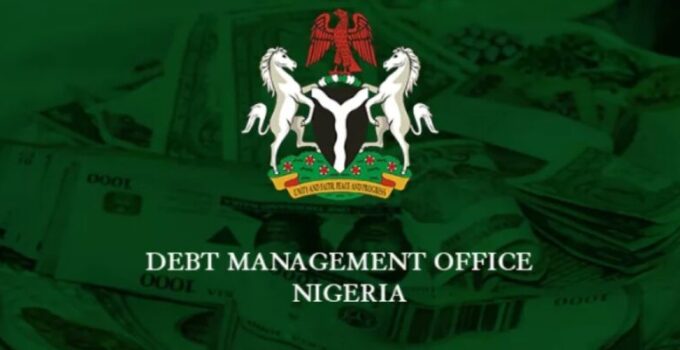Nigeria’s public debt profile has increased by N8.02 trillion to hit N142.3 trillion as of September 30, 2024.
The Debt Management Office (DMO) disclosed this in a modified data released on Tuesday.
DMO noted that the figure represented a 5.97 percent increase in the country’s debt profile from N134.3 trillion recorded in the second quarter of 2024.
This, according to the agency, was driven by the depreciation of the Naira which has continued to affect the country’s cost of external obligation.
The debt which comprised external and domestic obligations reflects the significant impact of exchange rate depreciation on external borrowings when converted to naira terms.
With the exchange rate weakening from N1,470.19/$ in June to N1,601.03/$ by the end of September, Africa’s fourth-largest economy has as much as N68.88 trillion ($43 billion) in foreign debt, accounting for 48.4 percent of the total debt stock.
In naira terms, external debt surged by 9.22 percent from N63.07 trillion to N68.89 trillion within the quarter.
A cursory look at the data showed that the Federal Government relied more on domestic borrowings as it accounted for 51.6 percent of the total debt profile.
The federal government had N69.2 trillion and the state governments had N4.2 trillion in debts.
Domestic debt reduced by 5.34 percent in dollar terms from $48.45 billion in June to $45.87 billion in September.
In naira terms, it rose by 3.10 percent from N71.22 trillion to N73.43 trillion during the period.
The federal government’s external debt accounted for $38.12 billion in September, up from $38.01 billion in June, while states and the Federal Capital Territory held $4.91 billion in external debt, a slight increase from $4.89 billion.
For domestic debt, the federal government’s obligations rose from N66.96 trillion to N69.22 trillion, while states and the FCT recorded a minor reduction from N4.27 trillion to N4.21 trillion.
Overall, Nigeria’s total public debt in dollar terms fell by 2.70 percent from $91.35 billion in June to $88.89 billion in September.
However, Nigeria’s debt stock has grown from 78.13 percent recorded in June 2024 to 78.95 percent in September of the same year, defying the DMO’s self-imposed public debt ceiling of 40 percent as outlined in the agency’s Medium-Term Debt Management Strategy.
Although the current public debt-to-GDP ratio of about 55 percent is slightly below the IMF’s 60 percent benchmark for emerging market countries, the nation’s weak revenue profile and FX volatility risks could further escalate debt levels and further weaken the already strained economy.
By: Babajide Okeowo
